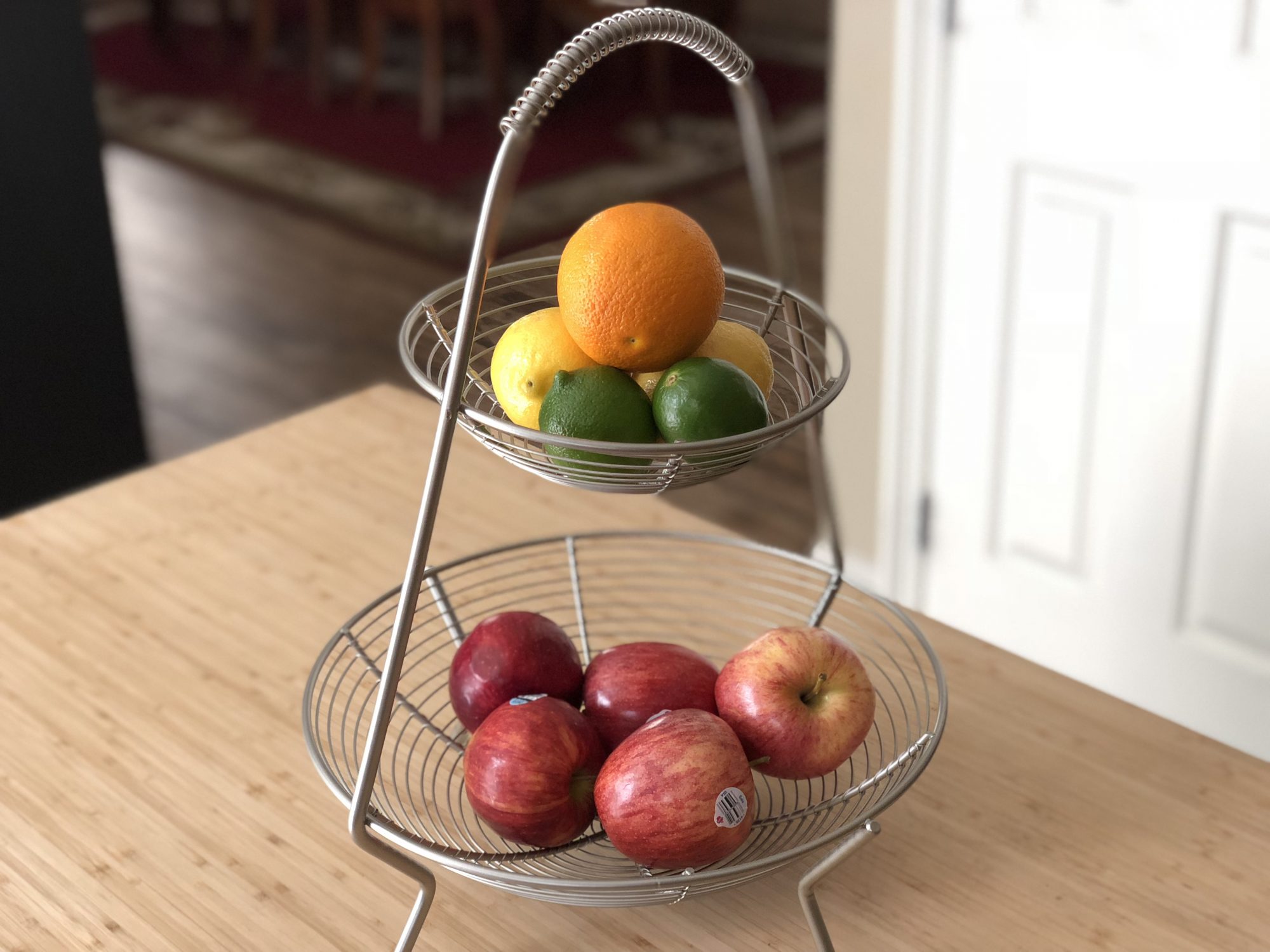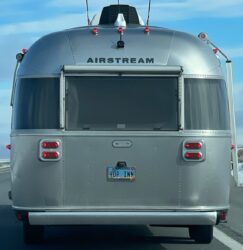Long-term recreational vehicle (RV) camping offers a unique and adventurous lifestyle, allowing enthusiasts to explore diverse landscapes and create lasting memories on the road. Amidst the excitement of the open road and picturesque campsites, it’s easy to overlook essential aspects of RV living, such as water filter maintenance and replacement. In this blog post, we delve into the importance of changing water filters during long-term RV camping, exploring the reasons, benefits, and practical tips for ensuring a clean and safe water supply throughout your journey.
I. Understanding the RV Water System:
Before delving into the significance of water filter maintenance, it’s crucial to understand the intricacies of the RV water system. Most RVs come equipped with a freshwater tank, a water pump, and various water lines that supply water to faucets, showers, and appliances. Additionally, RVs are usually equipped with a metal screen water filter designed to remove small particulate from the incoming water supply. It is up to campers to add additional filtration to remove other impurities and ensure the water is safe for consumption. Some of the higher end or larger RVs include these filters or even reverse osmosis systems.
II. The Importance of Water Filtration:
A. Ensuring Water Purity:
Contaminant Removal: The first line of defense against particulate contaminant is typically a mesh screen at the water inlet as well as a second mesh screen before the water pump. These basic filters keep small rocks, bits of plastic, and other chunks that may be in the local water supply from causing damage to the water system.
Unless the RV is equipped with additional filtration, campers can, and should, added in line water filters designed to eliminate contaminants such as small sediment, chlorine, bacteria, and other impurities that may be present in different water sources.
Health and Safety: Consuming contaminated water can lead to various health issues, making water filtration a crucial aspect of maintaining well-being during long-term RV camping.
B. Protecting RV Plumbing:
Extending Appliance Lifespan: Sediment and impurities in water can cause damage to RV plumbing and appliances over time including the water pump, faucets, dish washer (if equipped), and washing machine (if equipped). Water filters act as a protective barrier, preventing these issues and prolonging the lifespan of your RV’s water-related components.
Reducing Maintenance Costs: Regular water filtration reduces the need for costly repairs and maintenance, saving RV owners both time and money.
III. Signs It’s Time to Change Your Water Filter:
A. Decreased Water Flow:
Understanding Flow Reduction: A decrease in water flow can indicate a clogged or outdated filter that needs replacement.
Importance of Adequate Water Pressure: Proper water pressure is essential for various RV activities, including showers, dishwashing, and toilet flushing.
B. Unpleasant Odors or Tastes:
Identifying Water Quality Issues: Strange odors or tastes in your water signal potential contamination or filter deterioration.
Maintaining Enjoyable RV Living: Regular filter changes contribute to a pleasant overall RV living experience by ensuring clean and refreshing water.
IV. Practical Tips for Water Filter Maintenance:
A. Regular Inspection:
Visual Checks: Perform visual inspections of your internal water filter screens for signs of wear, clogs, or damage.
Schedule Routine Replacements: Establish a schedule for changing water filters based on manufacturer recommendations and usage frequency. Metal screens leading up to the water pump should be cleaned every three months of constant usage or after each camping trip.
B. Choosing the Right Water Filter:
Understanding Filtration Levels: Select a water filter that meets the specific filtration needs based on the water sources you encounter.
0.5-Micron Filters: Ultrafine filters can remove most bacteria, cysts, protozoa, and other contaminants down to 0.2 microns in size or larger such as Giardia lamblia and Cryptosporidium parvum.
1-Micron Filters: 1-micron filters are capable of removing most bacteria and parasites including E coli, Salmonella typhimurium, Shigella dysenteriae as well as some viruses like Hepatitis A virus (HAV). This provides a more open pore structure allowing for higher flow rates while still providing adequate protection against harmful contaminants present in many public drinking sources today.
5-Micron Filters: 5-micron filters are best suited for applications where sediment removal is required without sacrificing flow rate.
10-Micron Filters: 10-micron filters are best suited for removing pollen, beach sand, and other larger particulate without a significant reduction in water pressure.
Compatibility with RV Systems: Ensure that the chosen water filter is compatible with your RV’s water system.
C. Proper Installation Techniques:
Following Manufacturer Guidelines: Adhere to the installation instructions provided by the water filter manufacturer.
Seeking Professional Assistance: If unsure, consult with RV maintenance professionals for guidance on proper installation.
In conclusion, the importance of changing water filters during long-term RV camping cannot be overstated. From ensuring water purity and safeguarding RV plumbing to enhancing the overall camping experience, regular filter maintenance is a fundamental aspect of responsible and enjoyable RV living. By prioritizing water filtration, RV enthusiasts can embark on their journeys with confidence, knowing that a clean and safe water supply awaits them at every destination. So, as you hit the open road in your RV, don’t forget to make water filter maintenance a top priority for a hassle-free and unforgettable camping experience.

